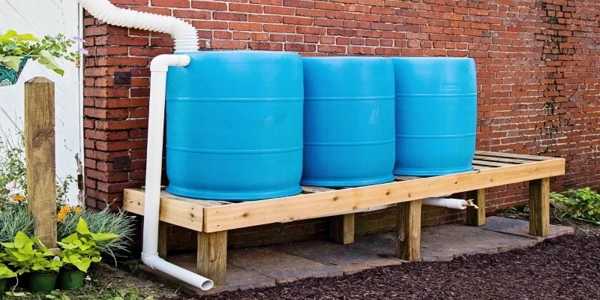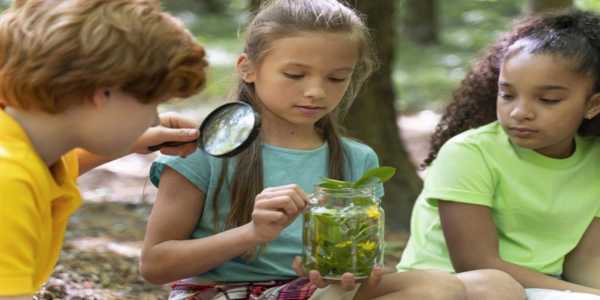A Complete Guide To Climate-Friendly Gardening Practices
Gardening offers many benefits, but it can also harm the environment. Often, gardeners waste resources and use toxic chemicals to control pests. With the world facing extreme weather conditions, gardeners must understand the impact of their actions on the environment.
Eco-friendly gardening can help slow global warming by reducing carbon in the atmosphere. Sustainable practices, like increasing carbon storage in soil and plants, can remove carbon from the air. One way to make your garden more climate-resilient is by planting native species that are well-adapted to your local environment. You can also grow heat-tolerant plants and vegetables to withstand changing climates better. This approach, known as climate-resilient gardening, can make your garden more sustainable and help protect the planet.
In this article, we will explore the importance of sustainable gardening and share tips on how to make your garden more eco-friendly.
Map Your Garden
The layout of your yard is key to the success of your garden and can promote eco-friendly practices. Arrange your plants based on their specific needs. For example, sun-loving plants should be in sunny spots, while shade-tolerant plants should be in shadier areas. Some plants require more moisture, so position them where the soil retains more water. When plants are arranged according to their resource needs, it helps with water conservation and soil health.
If space is limited, use hanging pots or plant baskets to maximize the area. Small raised beds are another great option for growing plants. You can even create a raised bed on your balcony to grow food plants, making the most of every available space.
Grow A Variety Of Plants
The diversity of plants in your garden can give you a reasonable, eco-friendly garden. When various plants are grown, they create a resilient ecosystem in your garden. This ecosystem can bear pest infestations and weather conditions. Plant a mix of vegetables, herbs, shrubs and flowers. They add to the scenery of your garden and support wildlife, such as birds and insects. In this way, a balanced natural ecosystem is made. Various plants can improve soil due to microbial activity and prevent pest buildup.
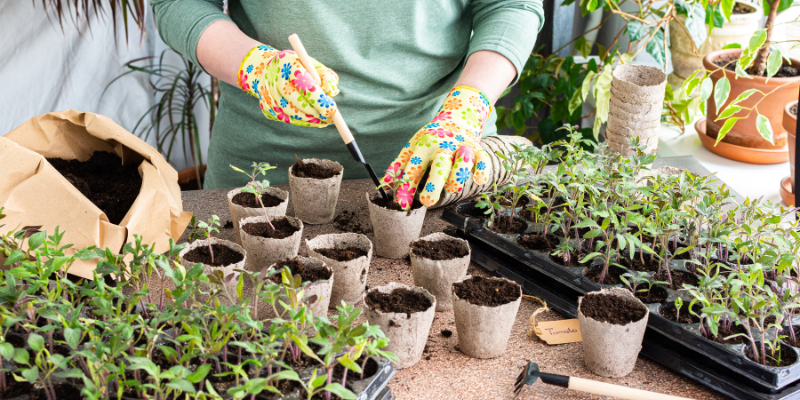
Use Natural Pest Control Methods
Avoid using harmful chemicals to control pests in your garden, as pesticides can harm beneficial wildlife and insects. Instead, opt for natural methods like homemade remedies, such as insecticidal soap or essential oils, to deter pests. If you need to spray, do so at dusk or after dark when pollinators are inactive on the plants.
Companion planting is another effective way to manage pests. Growing certain plants can benefit each other by repelling pests and attracting beneficial insects. For example, marigolds planted near tomatoes can help prevent nematodes, while basil near tomatoes enhances their flavour and repels insects like mosquitoes. Some gardeners also handpick harmful insects, further promoting sustainable practices.
Invite The Good Bugs
Gardens also have their pest control systems. Some insects, such as ladybugs, already live in your garden. Do not disturb these beneficial insects; they can help eliminate aphids. Spiders, parasitic wasps, and praying mosquitoes also help to control harmful pests in a garden and reduce the damage caused by destructive insects.
Repurpose Your Garden Waste
Utilizing garden waste has an excellent impact on your garden and creates a sustainable garden. Don't throw plant trimmings and organic material away; instead, compost them and use them as fertilizer to grow your plants. Making garden compost is very easy. Compost also gives plants natural nutrients and improves the structure of soil.
Organic waste can also be used as plant fertilizer, reducing landfill waste. Store-bought fertilizers increase environmental contamination risk, so use organic fertilizers to improve your garden's soil. A mushroom substrate in your garden can promote composting by breaking down organic materials.
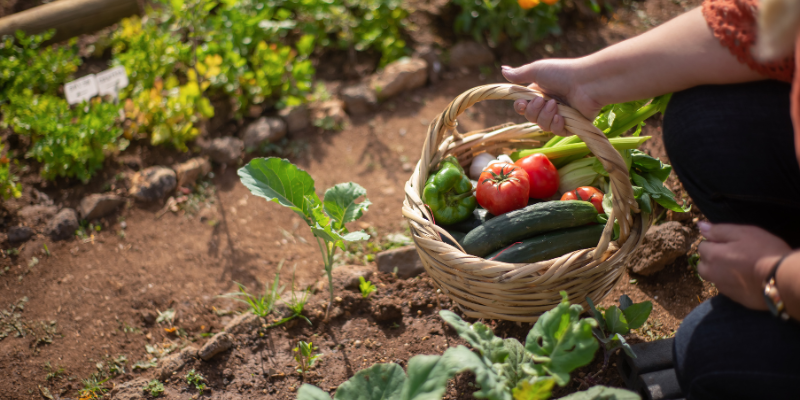
Mulch Your Plants
Mulching is a perfect practice in sustainable gardening. In mulching, we spread layers of beneficial materials on top of the soil to improve it. Mulching reduces soil erosion and weed growth. It feeds the soil by slowly releasing nutrients. Mulch also helps soil retain its moisture, reducing the need for frequent watering. Materials used in mulching include shredded leaves, straws, and compost. A mulched garden also looks clean and aesthetic.
Collect Rainwater
Rainwater collectors allow you to store rainwater to use for plants later. You can set up a rainwater harvesting system. It reduces your water bill and prevents water runoff. Keep an empty drum in your garden and store water in it. You can use rainwater in your home and garden for various purposes.
Grow Native Plants
Native plants of your region can proliferate in your area. They require less maintenance and resources for their growth. They are accustomed to the weather conditions and soil in your garden. This helps maintain the biodiversity of native plants in your garden ecosystem. Native plants also support the natural food chain because they provide essential food sources for bees, birds, and butterflies. Native plants also resist pests, thus reducing the need for harmful pesticides.
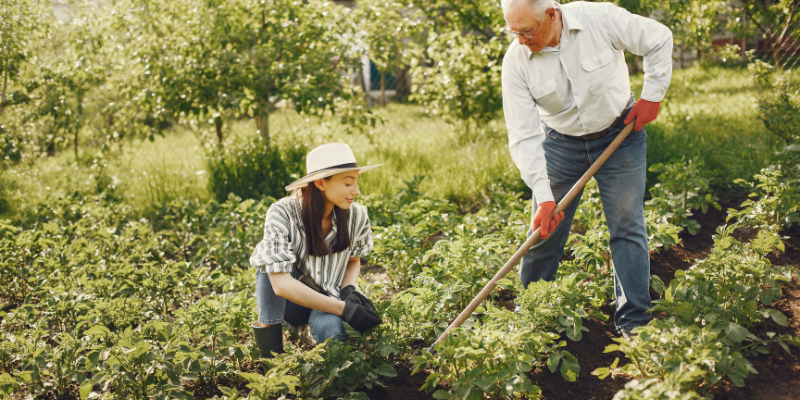
Embrace Sustainable Gardening For A Healthier Planet
Adding sustainable gardening practices to your garden is essential for a healthy environment. Eco-friendly gardening practices encourage you to combat the harmful impacts of climate change. You can create a resilient ecosystem by thoughtfully mapping your garden and diversifying plant species. Beneficial insects in a garden reduce the need for pests. Introducing composting and mulching to your garden eliminates the need for fertilizers. Rainwater also serves as a water source for gardens. These eco-friendly gardening practices not only increase your plant's growth but also play a significant role in promoting environment conservation.

